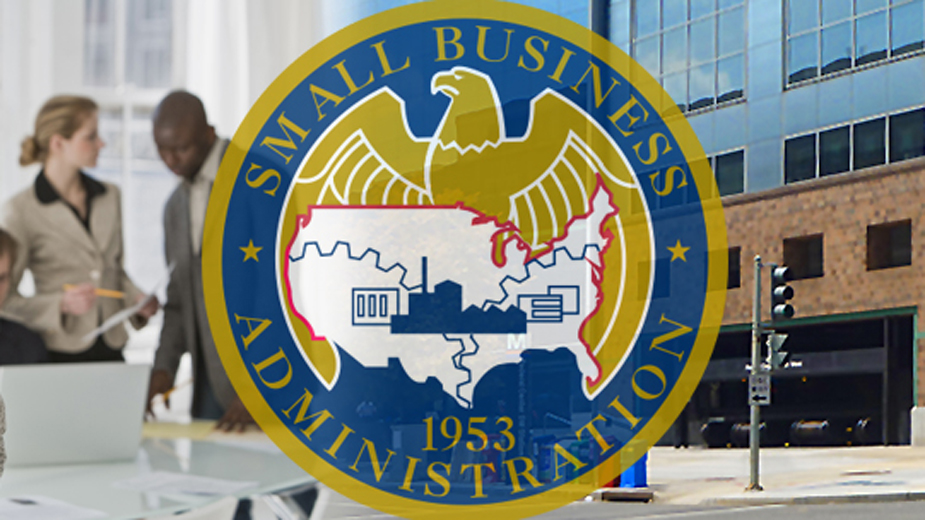SBA Coronavirus Disaster Loans to Open by Friday
YOUNGSTOWN, Ohio – As many businesses enter uncharted territory as the coronavirus pandemic reaches new heights, the regional director of the U.S. Small Business Administration expects businesses to be able to apply for economic injury disaster loans by the end of the week.
Gil Goldberg, director of the Cleveland District Office for the SBA, said Monday afternoon that his office has been in contact with Gov. Mike DeWine on the state’s disaster declaration, which would open up the loan program to businesses in Ohio. The declaration is expected to be statewide.
“That should all be in place. Hopefully they can get the application into the SBA [Monday] night or [Tuesday]. We’ve been working with them to identify the businesses that need support for the declaration,” Goldberg said.
The disaster loan program will make loans of up to $2 million available for businesses in affected industries – Goldberg specifically mentioned food service and manufacturing – to pay for working capital needs, such as payroll, accounts payable and fixed-payment debts such as bank loans. Terms are up to 30 years. The details of each loan will be determined on a case-by-case basis.
Once the declaration is made, SBA will immediately open its application page at SBA.gov/disaster.
“They need to show that they’ve suffered a downturn in sales, a downturn in cash flow for a certain period. They can also project it out for the time they expect their sales to decline,” Goldberg said. “Restaurants won’t expect to have any sales, or very small sales if they do take-out and delivery, so they can project out what their business will be.”
The SBA has also been in contact with banks to discuss the status of SBA loans. The agency’s guidance, Goldberg said, is for banks to defer payments.
“All our banks have been contacted and it’s up to the bank to do what they feel is best on a case-by-case basis,” he said, noting that borrowers should contact their bank to make the final determination.
Since the disaster loan comes directly from the Small Business Administration, Home Savings Bank isn’t involved in the process, said Mahoning Valley Market President Frank Hierro. Still, the bank has been in contact with its borrowers about how the spread of COVID-19, the disease caused by coronavirus, will affect them. Those discussions have included payment options, he said.
“We’ve already had several discussions with our customers in [the food service] industry. It’s run from deferred payments to interest only to wait and see, whatever the circumstances dictate,” he said. “The impact will go well beyond the food service industry as the general economy slows down. We are gearing up to be able to help customers, whether that’s adjustment in payments, extending new credit or whatever it takes.”
While its approval is still waiting on the Senate, the possibility of a payroll tax cut could provide some aid to businesses hurt by the coronavirus, Hierro added. On Friday, President Donald Trump called for the relief plan working its way through to Congress to include the removal of payroll taxes through the end of the year.
“Think about the hit to businesses that have to pay a FICA match. If that can be deferred, that’d be very beneficial,” Hierro said. “Also, the expediting of unemployment benefits will be beneficial to workers and the businesses impacted.”
On the insurance front, Platt Insurance Group owner Ellie Platt said many businesses’ business interruption coverage likely won’t cover any problems arising from COVID-19. Such policies are usually limited to property cases, such as fire or water damage.
And at this point, she added, it’s likely too late to add coverage for the coronavirus outbreak.
“For the most part, I’d say businesses in our area, especially restaurants and bars, are going to run into not having that coverage. It’s not something at this point they could add if they wanted to,” she said. “It’s almost like a pre-existing condition, to use a health-care term.”
But that doesn’t necessarily mean businesses are out of luck. In New Jersey, the state legislature is reviewing a bill that would require insurers to cover the virus outbreak as part of interruption policies. On a national level, it’s possible a final answer could instead come through the courts.
“Because there’s going to be such a high volume of these issues and claims, the answer could come through litigation. It’s hard to say right now,” she said. “The contract language is very much, ‘This covers a property loss,’ but someone could make the argument.”
Businesses should be keeping track of any losses due to the coronavirus, she said, in the case that companies do eventually cover them. Government programs, such as the SBA disaster loan, require that documentation.
“Like everything with the virus, this is still unfolding. A couple of insurance companies we work with have started teams and task forces to review their policy language and how it fits with the virus,” she said. “The big thing we’re telling people, because every policy is different, is to meet with their broker and review the language in their policy.”
Copyright 2024 The Business Journal, Youngstown, Ohio.



